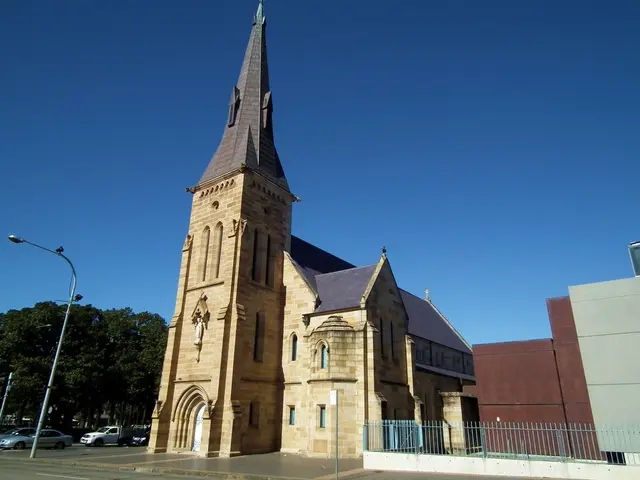Africa's First Satellite-Based Early Warning System Launched to Combat Climate Disasters
The Friedrich-Ebert-Stiftung is set to establish situational rooms in Tanzania's national governments. This initiative aims to enhance communication between these rooms and provide communities with real-time data about impending events like cyclones. The project was discussed at the 'Joint Forum on Intra-ACP Climate Services and Related Applications Programme (ClimSA) and Space for Early Warning in Africa (SEWA)', held in Windhoek, Namibia, from June 23-27, 2025.
The forum brought together stakeholders from various sectors, including the African Union Commission, Southern African Development Community, European Union, national governments, meteorological agencies, researchers, and technical partners. A new satellite-based early warning system, SEWA, was officially launched at this event. SEWA aims to help Africa proactively manage climate-related disasters, starting with a rollout to the national level in Tanzania.
The forum highlighted Africa's urgent need for timely, life-saving warnings around climate disasters. This is due to the continent's sparsest land-based climate observation network. The success of SEWA relies on inclusivity, local engagement, and effective communication of data to save lives and trigger policy interventions. Over 200 experts have been trained across Africa to ensure warnings reach vulnerable communities and are understood and acted upon. SEWA, along with the Intra-ACP Climate Services and Related Applications (ClimSA) program, supports the development of end-user-oriented climate services across key sectors. As of now, SEWA has supported 34 weather observation stations across West, East, and Southern Africa, feeding real-time data into situational rooms in regional blocs.
Africa, despite contributing the least to global greenhouse gas emissions, is the most vulnerable continent to climate change and the least equipped to manage its effects. The launch of SEWA and the establishment of situational rooms in Tanzania mark significant steps towards improving Africa's resilience to climate-related disasters. These initiatives aim to provide communities with crucial real-time data, enabling them to prepare and respond effectively to impending events.








